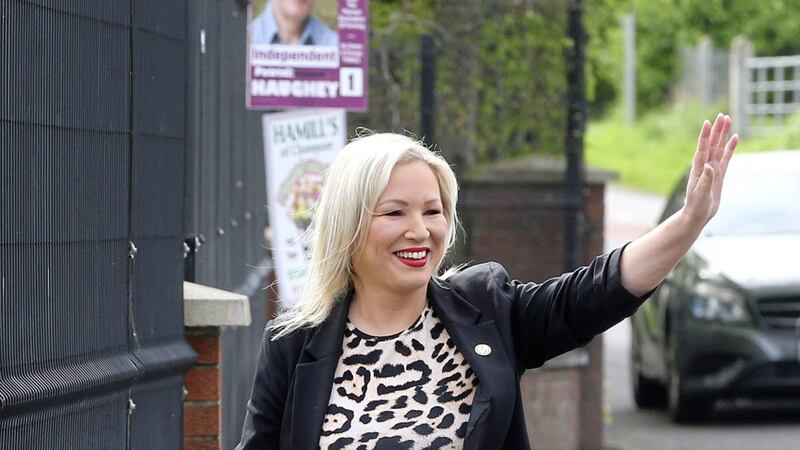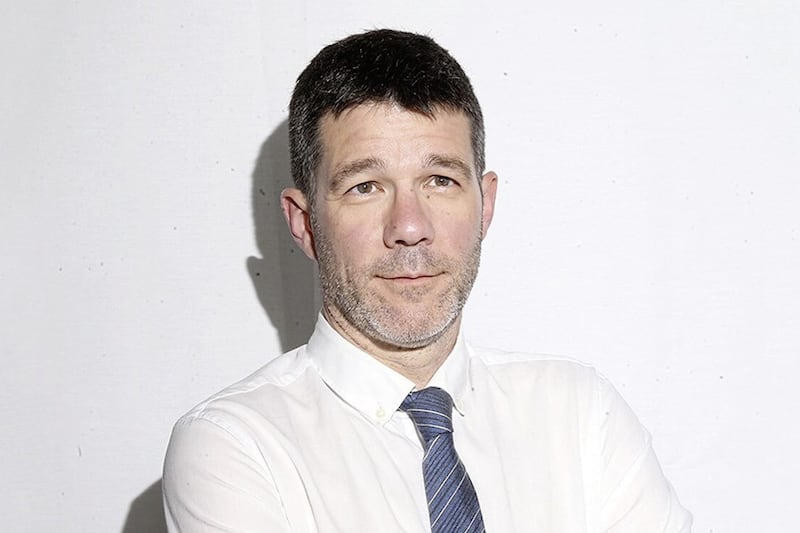COUNTING will commence this morning in what many are predicting will be a historic election that will usher in Northern Ireland's first ever nationalist first minister.
Pre-election opinion polls suggested major changes in the Stormont pecking order, so all eyes will be focused on the fortunes of the DUP – the party that has dominated regional politics for two decades.
Sinn Féin's vote is expected to hold up, paving the way for Michelle O'Neill to be nominated as first minister.
The final opinion poll before election day, published in The Irish News earlier this week, put Sinn Féin six percentage points ahead of its main unionist rival.
Counting will begin at three count centres this morning.
There are 90 assembly seats in total up for grabs, with five in each of the 18 constituencies across the north.
A total of 239 candidates are running.
The single transferable vote system means candidates who exceed a quota specific to each constituency will be automatically elected and their surplus votes transferred to those left in the field.
The outcome of the poll will be crucial for Sir Jeffrey Donaldson in his first election since becoming DUP leader last year.
The anticipated growth in support for Alliance will bring pressure to bear on the SDLP, which ahead of yesterday poll was Stormont's third largest party with 12 seats.
The Ulster Unionists, contesting their first election under Doug Beattie, will also be hopeful of retaining their fourth place in the assembly's rankings.
Chief Electoral Officer Virginia McVea said last night that polling was going "smoothly" and was "steady across all constituencies".
It came as the DUP was last night urged "to commit to forming a government" after Brandon Lewis suggested agreement with the EU was now more favourable than plans to override parts of the controversial Northern Ireland Protocol.
Elsewhere the SDLP could face a probe by the Information Commissioner after unsolicited texts and emails were sent urging people to vote for its candidates.
It is understood that at least two SDLP candidates used texts and emails to contact potential voters.
It is not known if other parties have contacted constituents directly by such means.
A spokesperson for the commissioner's office said political campaigners and parties must comply with data protection and electronic marketing laws at all times, including during the campaigning period.
The SDLP was contacted for comment.








